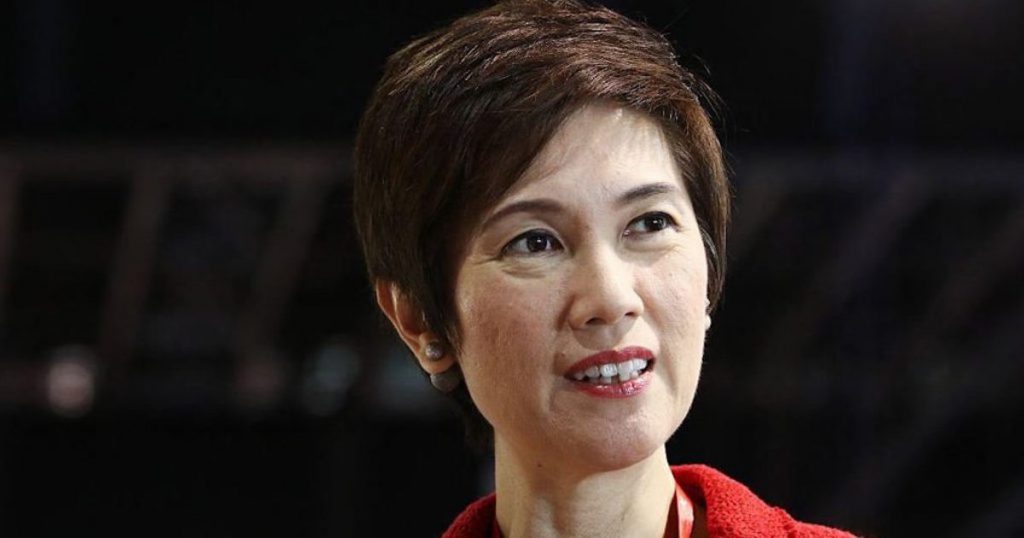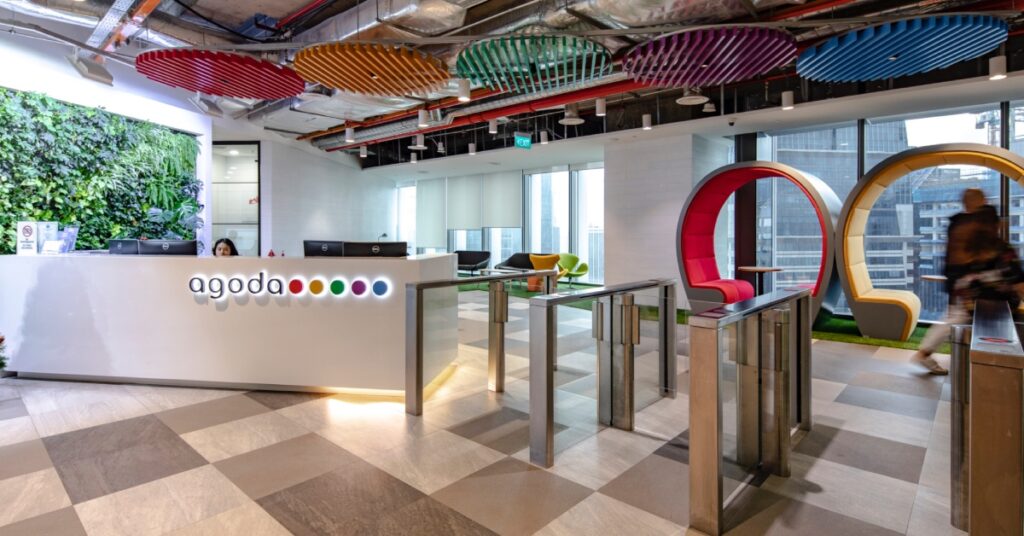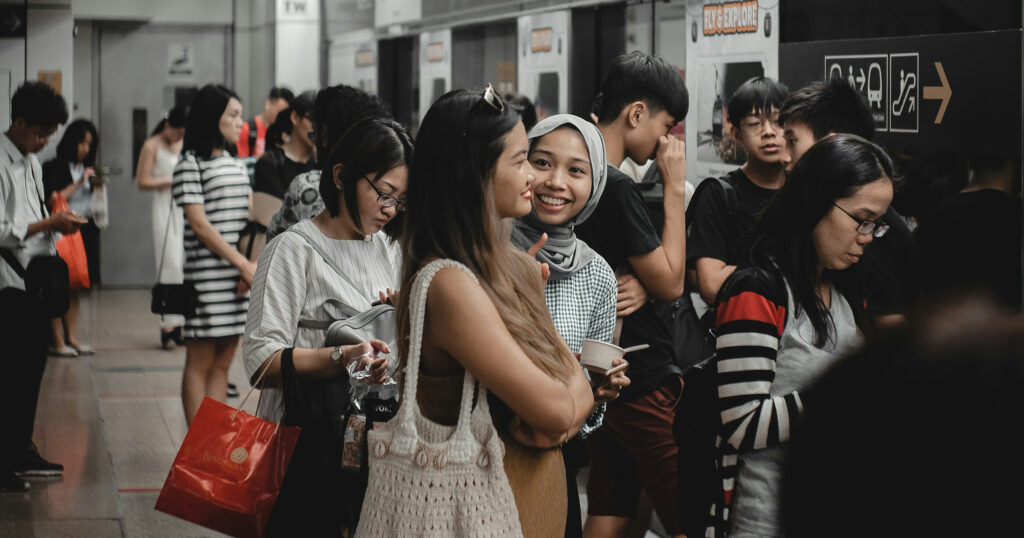[Update: 28 August 2020]
From 1 September 2020, firms applying for new Employment Passes (EPs) for foreign workers will need to pay them a monthly salary of at least S$4,500, up from the current S$3,900.
New EP holders in the financial services sector will need to be paid at least S$5,000 from 1 December. This is the first time the Ministry of Manpower (MOM) has announced a sector-specific higher qualifying salary.
For mid-skilled foreigners on S Passes, the qualifying salary will be raised from $2,400 to $2,500, starting from 1 October for new applicants.
For both EPs and S Passes, the qualifying salaries for older and more experienced workers will also be raised so that these remain around double the minimum salary for the youngest applicants.
The new criteria will take effect from May 1 next year for renewal applicants.

According to MOM, there will be no changes to levies and quotas for S Passes for now.
EPs are not subject to a quota, which refers to the maximum proportion of foreigners on a certain work pass that a firm can employ.
In addition, MOM has also tightened job advertising rules for all S Pass jobs so that Singaporeans can have greater access to job vacancies.
Firms will now have to advertise jobs on the MyCareersFuture.sg portal for at least 28 days, up from the current 14 days, before they can apply for a new Employment Pass (EP) or S Pass for a foreign candidate from 1 October.
Currently, the advertising requirement only covers EP-level jobs. It applies to employers with at least 10 employees, but does not include jobs to be filled by intra-corporate transferees or short-term vacancies of up to one month.
Manpower Minister Josephine Teo said the rule is being extended to S Pass jobs because Singaporeans working in sectors that have been most affected by Covid-19, such as hospitality, tend to be trying to return to S Pass equivalent jobs.
These changes under the Fair Consideration Framework are aimed at giving local job seekers more time to respond to job openings and for employers to seriously evaluate their applications, said the ministry in a statement.
—
In President Halimah Yacob’s 14th Parliament address on Monday (24 August), she said that job competition from work pass holders could become a divisive issue and needs to be addressed.
Following this statement, Minister for Manpower (MOM) Josephine Teo announced yesterday (26 August) that the Government will raise the salary criteria for Employment Passes (EPs) and S Passes.
Basically, companies will now need to pay foreign professionals and mid-skilled workers higher salaries in order for them to qualify to work in Singapore.
Currently, those on EPs need to earn at least S$3,900 a month, while S Pass holders earn a minimum of S$2,400 a month. The qualifying salaries are higher for older and more experienced workers.
“With COVID-19 and the economic disruption it has caused, there is now more slack in the labour market. We will therefore make further adjustments to our foreign workforce policies,” Mrs Teo said in the MOM’s addendum.
“Even as we stay open to the world to accelerate our recovery, the crisis makes it all the more important that employers give fair treatment to Singaporeans.”
She added that Singapore’s foreign workforce policies have been designed to support economic growth so as to create good jobs for Singaporeans.
There is also “regular calibration” to allow firms to access the manpower they need, while ensuring a strong Singaporean core.
Today, nearly six in 10 locals are employed in professional, managerial, executive and technician (PMET) jobs, which is among the highest rates in the world, she said.
For every EP holder, there are nearly seven locals employed in PMET roles.
Will This Encourage Firms To Hire More Locals?
In March during the Budget debate, Mrs Teo had said that raising the salary threshold helps to ensure a level playing field for experienced local mid-career PMETs.
It is also in line with the rising pay of fresh graduates from local autonomous universities, she had added.
This salary increase would be the second announced this year for EPs, and comes in the wake of rising retrenchments and recent concerns about competition between Singaporeans and foreigners in the job market.
Such move will likely encourage employers to hire more Singaporean workers, but are there enough locals who are willing to take on jobs done by foreign workers?
While this move is seen as a strategy for Singapore to ensure a balanced workforce of local and foreign manpower, it will also increase business costs in the long run which could dampen their recovery from the COVID-19 pandemic.
Ramping Up Job Opportunities
Before COVID-19, Singapore had already been preparing workers and employers for the future economy, but these efforts must now “shift to even higher gear”, said Mrs Teo.
Laying out the various initiatives that have been launched to help Singaporeans keep their jobs or find work, Mrs Teo noted that the National Jobs Council is spearheading an effort to create 100,000 jobs and skills opportunities through the SGUnited Jobs and Skills Package.
MOM and its agencies are working with employers to make jobs available to job seekers willing to acquire new skills, through heavily subsidised training and the Jobs Growth Incentive, a wage subsidy programme for new local hires.
If companies are cautious about hiring, the Government will support them to host traineeships and attachments by co-funding the training allowance, Mrs Teo said.
More support will also be given to employers that take in middle-aged and mature workers.
MOM will also intensify efforts to help Singaporeans in their job search through the SGUnited Jobs & Skills Centres, digital career matching services, as well as private employment agencies serving as SGUnited Jobs & Skills placement partners.
Featured Image Credit: Bloomberg
Also Read: Elderly Cleaner Earning $20/Day Begs This Question: Should S’pore Adopt A Minimum Wage Law?










